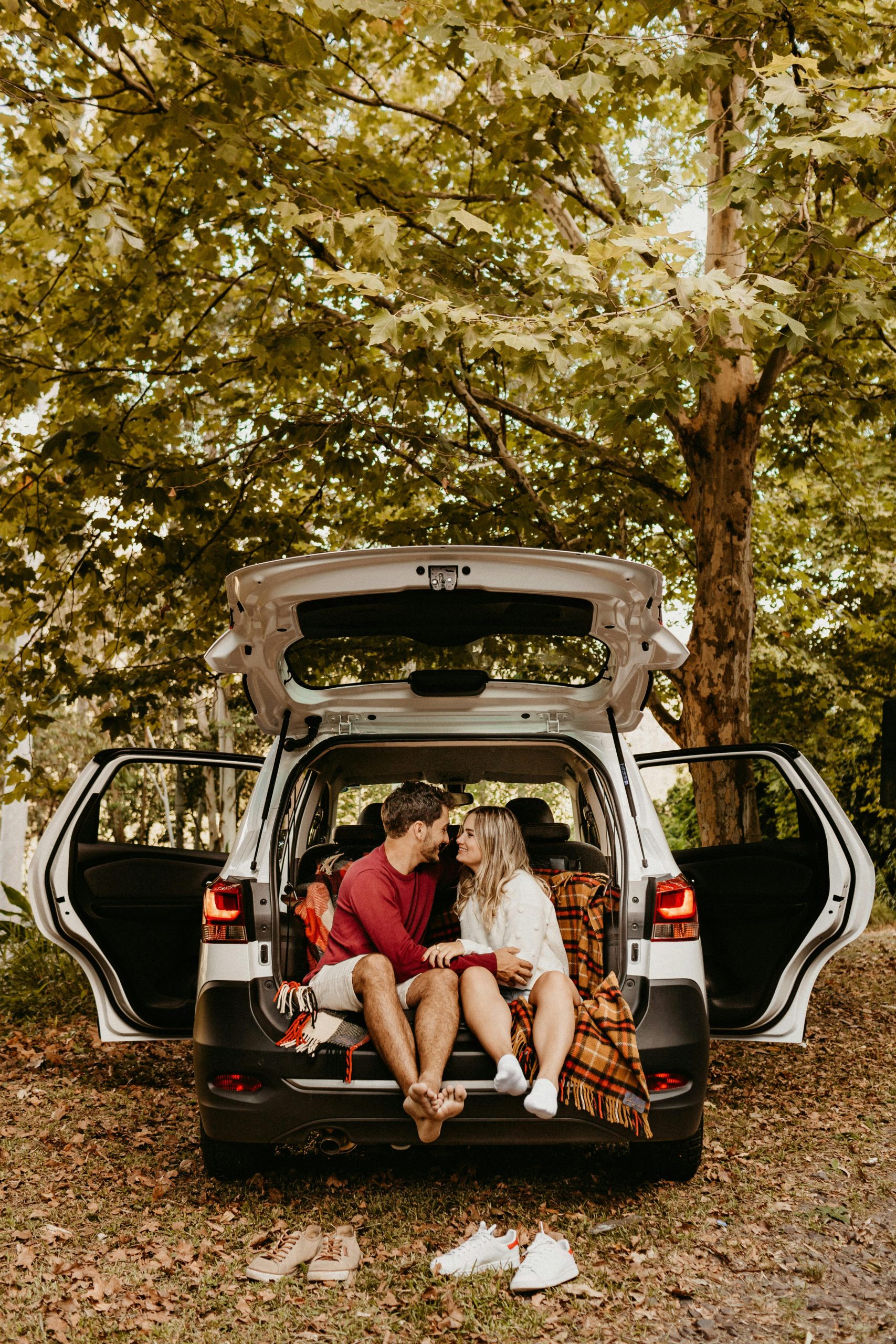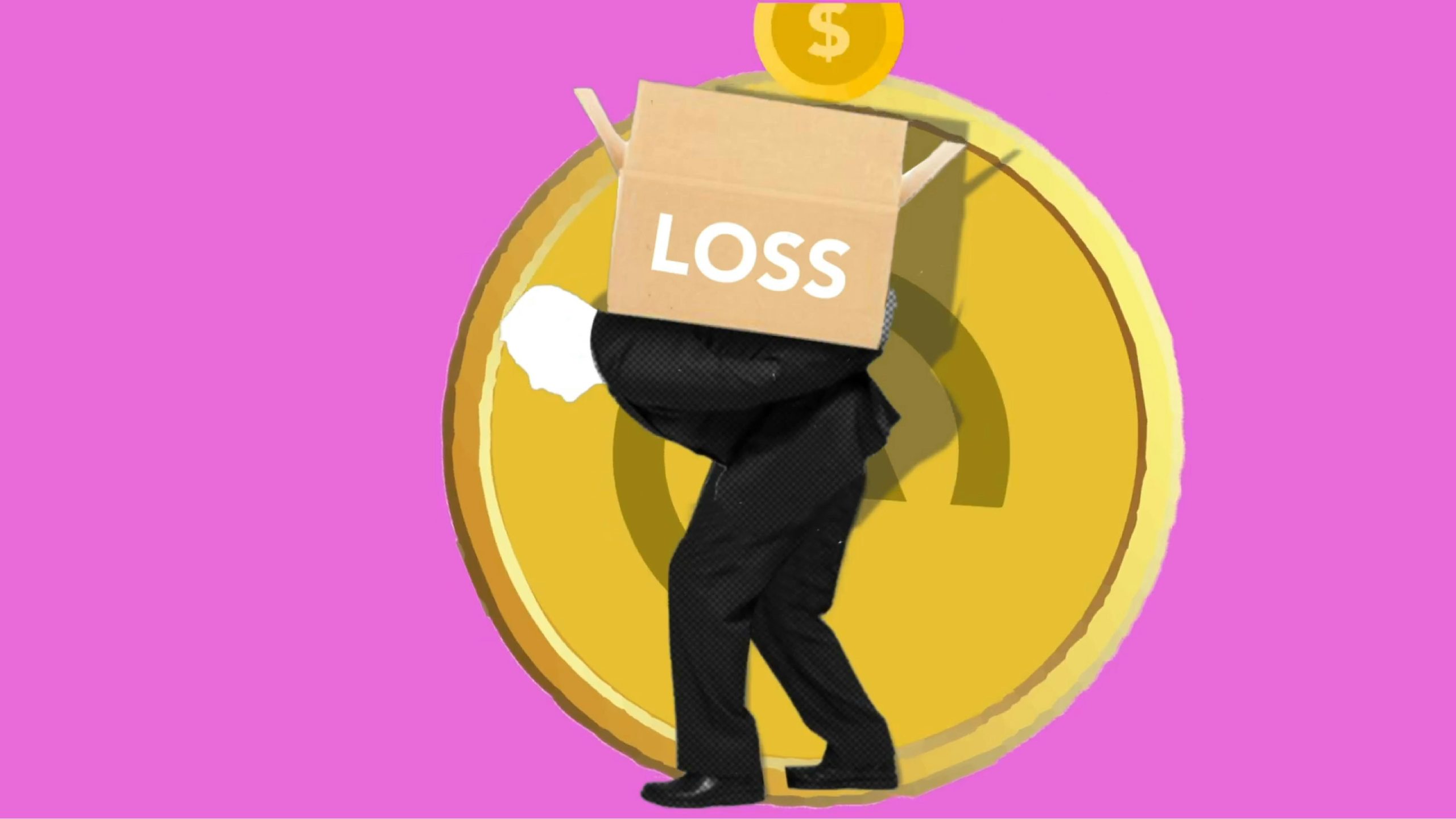Understanding Vehicle Damage in a Driveway Collision: Insurance and Liability Considerations
Dealing with accidents involving parked vehicles can be complex, especially when the incident occurs on private property. Recently, a situation unfolded in a residential driveway that highlights key questions about liability, insurance coverage, and financial responsibility.
The Scenario:
A homeowner’s 2017 Ford Expedition was parked in the driveway when a family member’s vehicle, a vintage 1974 Ford F100 truck, was parked nearby. The truck, which is legally registered and insured, was being operated by a 20-year-old who exited the vehicle after parking. Unfortunately, as the truck’s door was closed, it unexpectedly popped out of gear and started rolling backward. It collided with the parked Expedition, causing noticeable damage.
The damages include a flat tire, bumper damages, and potential harm to aftermarket wheels, tires, lift, and suspension components. The homeowner values the Expedition at roughly $12,000 to $14,000 and has comprehensive coverage with a $1,000 deductible. The other vehicle sustained only minor scratches.
Key Questions:
1. Liability and Fault: Since the young driver was out of the vehicle when it moved, who is responsible for the damages? Does exiting the vehicle after parking imply liability for the incident?
-
Insurance Coverage: Would this be covered under auto insurance, homeowners insurance, or be considered an unpreventable act? Given the circumstances, which policy is more likely to cover the damages?
-
Financial Implications: Considering previous insurance claims and the potential impact on rates, which option is more financially prudent? Would filing a claim under auto or homeowners insurance lead to better outcomes?
-
Repair Considerations: While a full professional repair might restore the vehicle to like-new condition, budget constraints might limit the extent of repairs. What are the recommended steps to ensure the vehicle remains safe and roadworthy?
Insights:
In driveway collision cases, liability often hinges on whether the vehicle was in a controllable state. Since the vehicle was stationary but then shifted into gear and rolled back, questions about the driver’s oversight or vehicle maintenance come into play. Typically, insurance policies treat such incidents differently:
-
Auto Insurance: Usually covers damages resulting from a vehicle in motion, even if unintentionally started. If the vehicle’s movement was unpredictable or due to a mechanical fault, coverage may vary.
-
Homeowners Insurance: Generally covers property damage but often excludes auto-related incidents



